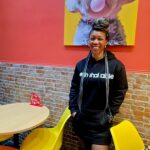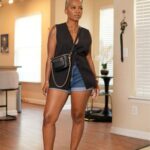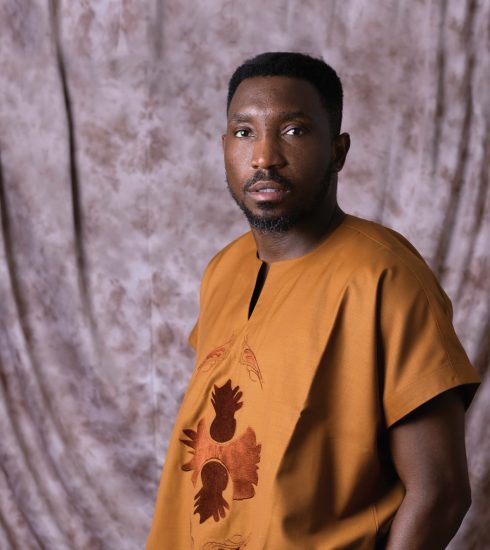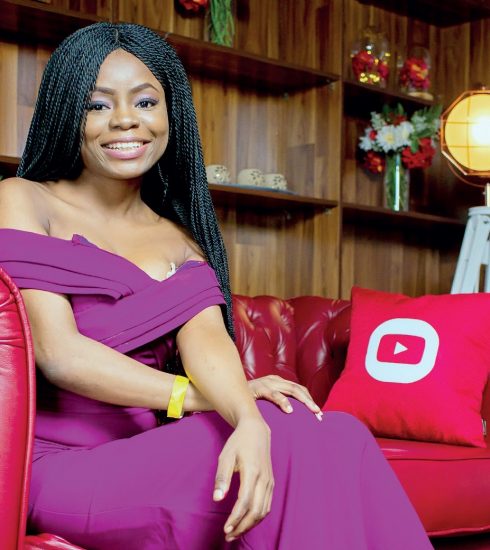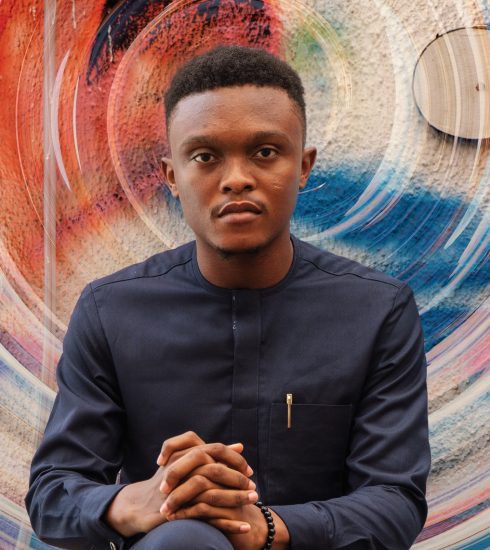From Finance To Film: Ini Dima-Okojie
The Nigerian film industry has attracted people from all walks of life and has been a hive of extraordinary talent. These creative minds have defied convention, elevated the African storytelling genre to a global level, and changed the genre’s narrative over time. In addition to entertaining millions of people with their captivating dramas and endearing comedies, Nollywood stars have demonstrated the depth and diversity of Nigerian culture to the globe.
One such star is Ini Dima-Okojie, who exemplifies enthusiasm and tenacity. Before making the audacious decision to pursue acting, Ini started her career in finance, working in investment banking. She later decided she wanted to be an actor. As a result of this decision, she developed her skills by training at the New York Film Academy.
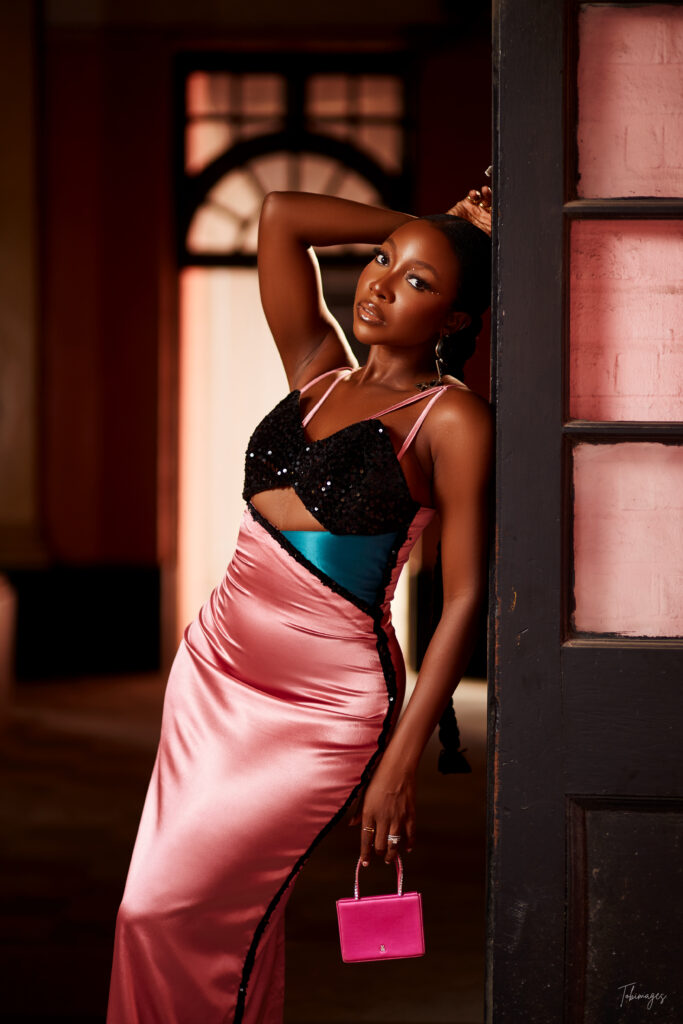
She has since become well-known for her outstanding performances, which have distinguished her as one of Nollywood’s best. She is also one of the few Nigerian actors who starred in Namaste Wahala, a multicultural romance comedy that showcased the exquisite fusion of Indian and Nigerian cultures. With her role as Sarah in the Netflix Original series Blood Sisters, Ini’s career soared further. The character came to life through her captivating performance, which earned her tremendous praise. With fans eagerly awaiting the series’ second instalment, Ini is now prepared to enthral viewers with her signature brilliance once more.
In this interview with THEWILL DOWNTOWN’s Dorcas Akintoye, Ini Dima-Okojie discusses her journey from finance to film, the highs and lows of her acting career, and what to anticipate in the much-awaited Blood Sisters sequel. She also opens up about life off-screen, her thoughts on Nollywood’s growth, and what it means to be a part of the global movement.
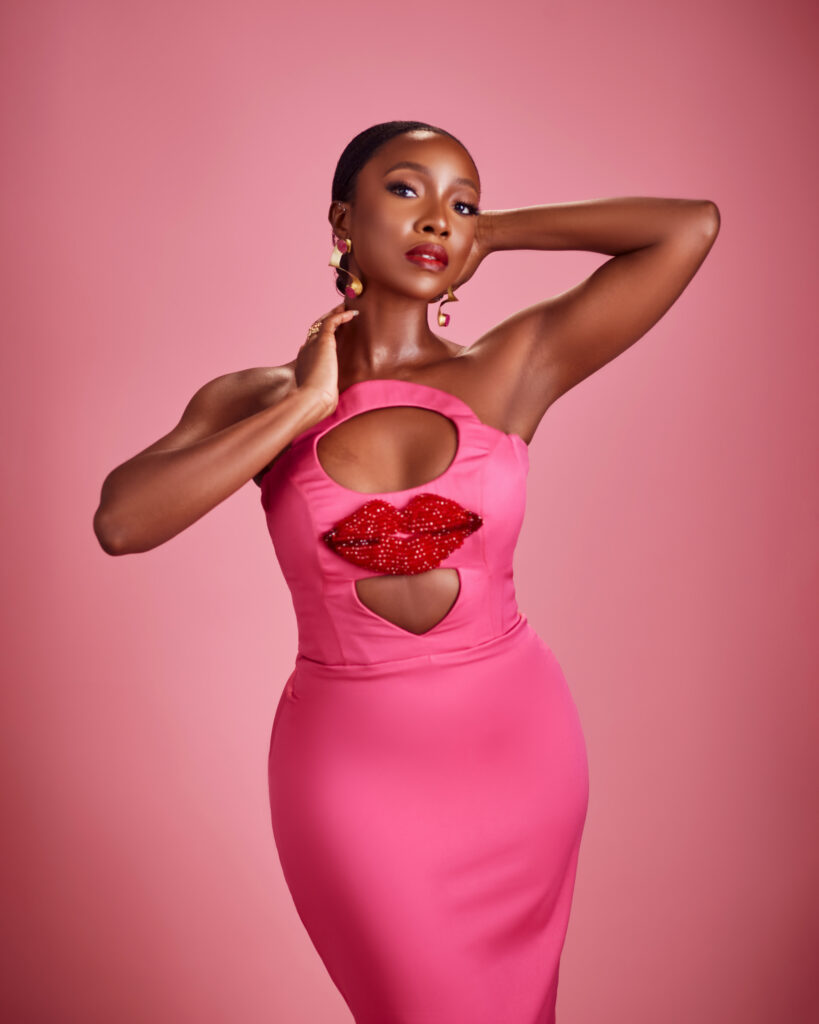
What inspired your decision to leave investment banking to act?
I have always had an interest in storytelling and arts. I remember when I was younger, when I was a kid, actually, I used to watch award shows, and I would always imagine myself receiving an award. When I was alone, I had a very wild imagination, and I would act things out, right? But I was also very shy, so I didn’t really think that that was a path I was going to go down. So, just like many people, I initially pursued a more conventional career path, and investment banking provided stability and structure, but I realised very soon that I wasn’t fulfilled.
I remember that in 2012, I saw a trailer for a new show, it was called The Island, and it was just so different from anything I’d ever seen out of the Nigerian film industry. ever since that day, I caught a bug. So, I wasn’t even sure if that was my passion, but I had caught a bug and caught interest, and I couldn’t stop thinking about it. At that point, I just knew that I had to take a leap of faith, follow my passion, resign from investment banking, and go to film school.
What challenges did you face when transitioning from the finance world to Nollywood?
Transitioning meant stepping into the unknown. I went from a structured corporate environment to a creative industry where the opportunities aren’t really guaranteed. And, starting off, it’s not like I knew anyone. I had to convince people to take a chance on me. I had to go for numerous auditions and continue to prove myself. Of course, in the beginning, there were many moments of doubt, but I’ve learned to embrace uncertainty and let it fuel my goals.
You trained at the New York Film Academy. How did that shape your career?
The New York Film Academy was very instrumental in building my foundation as an actress. And I still use all the tools I learned today.
I approach every single job with the same hunger and the same methods that I gained through the New York Film Academy. And it just taught me the importance of discipline and the nuance of performance. Beyond the technical skills, the experience helped me to understand the art of collaboration, which has been invaluable throughout my career because acting and making a film is all about collaboration. It’s all about everybody playing their part. So, with all of the tools I got there over the years, I keep gathering more tools. But in terms of the foundation of how I approach a character, I gained all of that knowledge from the New York Film Academy.
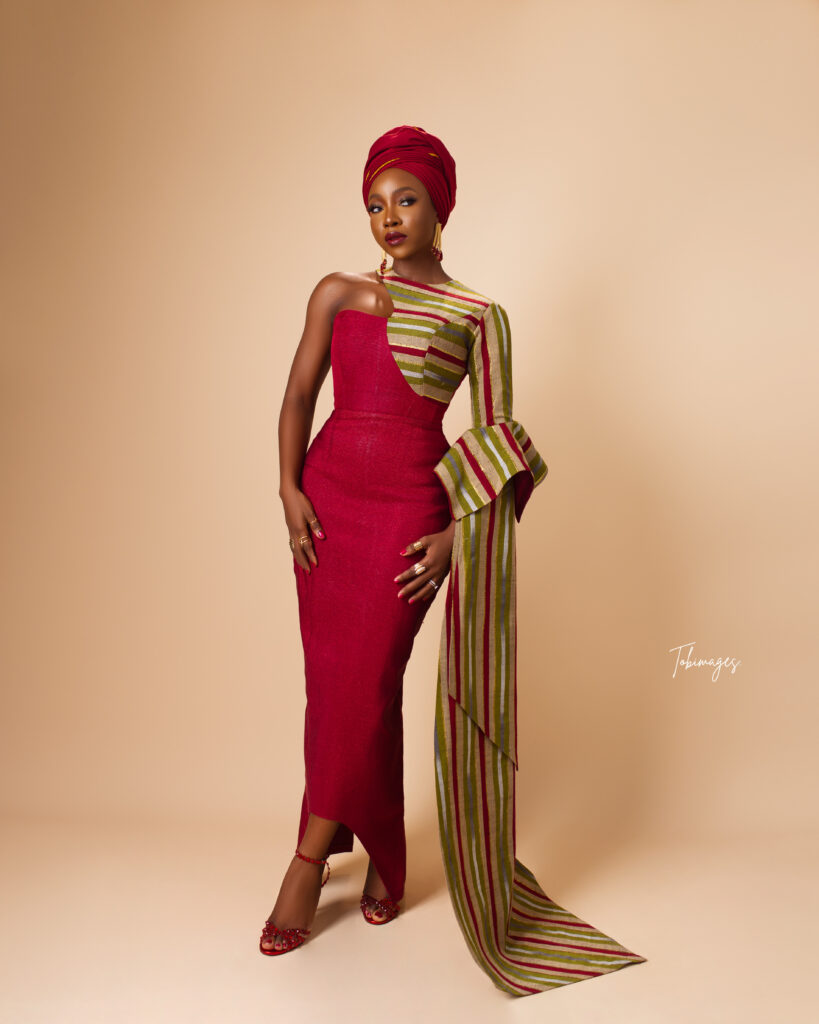
You were a production assistant on the set of the movie Before 30. What was your experience like on set?
So that was actually my first job coming back from New York Film Academy. It would have been amazing to be one of the cast, but they had already done the audition process.
They had chosen all of the amazing cast, and they had a spot open for a production assistant. I thought it would be better to have a leg in the industry and take whatever that experience was at the time and just see where it took me. So, working on Before 30 was eye-opening. It gave me a behind the-scenes perspective on what goes on in creating a show, from production to logistics to storytelling. I really gained a deep respect for every role in the creative process. And it motivated me to approach acting with the same level of dedication.
What was it like playing Feyisayo Pebbles in Taste of Love, your acting debut?
Yes, like you just said, Taste of Love was my acting debut. It’s funny, while I was a production assistant on Before 30, I had gone for an audition for Taste of Love. So I got called back in the middle of my job as a production assistant on Before 30 and I was told that I got the role. So I had to quit.
Actually, I didn’t finish with them. I think I quit three weeks or a month in. So I didn’t finish on the set. And playing Feyisayo Pebbles was both exciting and daunting. It was my first major role.
It was my introduction to the intricacies of building a character. And I remember the first day I shot. I think I shot the very first opening scene. And I remember that day so well. The director, Uncle Niyi, I forget his last name now but we used to call him Uncle Niyi. He’s been in the industry forever. And I remember I was literally shaking. I was sitting down in the scene, and there was a desk. Luckily, my hands were on a desk. But I was physically trembling. And when the scene was done, I remember the director walked up to me and I was like, oh, my God, I think this guy is about to tell me I messed up. But he actually said that I was great, and it didn’t feel like it was my first time. And I could not believe it because I was literally shaking inside and outside. But what that also did was it helped to build my confidence because it was a telenovela, and we were filming quite frequently. I was in Ibadan for six months, filming almost every day, so it really made me understand what it was like to be in front of the camera. So everything I had learned from the New York Film Academy, everything I had seen from behind the scenes on Before 30, I could now put to actual practice. And I was shooting a lot. So there was time to literally hone my craft and just learn from everybody around me.
It was amazing. And the level of the cast that was there; everybody was on that show: Shaffy, Blossom, Deyemi Okonlawon. It was a loaded cast, and it was just great to learn from them as well. Gabriel Afolayan, everybody was there. It was a beautiful experience.

So, what was the experience like starring in a multicultural film like Namaste Wahala?
Namaste Wahala is one very special experience for me.
It was like a whole new world. It was a beautiful experience because it celebrated the intersection of Nigerian and Indian culture. It was very, very exciting to explore a cross-cultural love story. And I learned so much about bridging cultural gaps through storytelling. I think it was because you think, oh my gosh, there are so many ways we are different. But no, what I actually learned is that there are more things that unite us than divide us. Indians and us, are so similar in even our food, how we embrace family, and how we celebrate. There are so many things that are so similar in the culture. So it was a beautiful experience. I got to sing and dance around trees. I don’t know how many Nigerians have had that opportunity. I think I’m the only one for now.
You did a good job playing the role of Sarah in Blood Sisters. What excites you the most about the release of part two coming up?
So Blood Sisters is one of the most special experiences I’ve had as an actor. If not the most, it’s probably actually the most special experience I’ve had. And I remember everything about the first one, from the audition process to being told I got the role and being on set. I don’t think I can compare that experience to many experiences I’ve had in all of my 10 years in this industry. Just being in a space where everybody was bringing their A-game. And I’m saying everybody from all of the cast to everybody behind the camera. It was a hundred per cent sure that Blood Sisters was going to be a hit. That is just how much dedication and how much work went into it. It was still an environment of love; I felt taken care of. I felt trusted. I also had trust for everyone. And then now seeing how Nigerians reacted to it, that was just the icing on the cake. So, being called back to play Part 2, for me, playing Sarah was intense and rewarding. For Part 2, I’m just excited for the audience to dive deeper into the character’s journey. It’s an opportunity to further explore Sarah’s layers and watch the story unfold in ways that will hopefully surprise and captivate the viewers.
What has been the most difficult and challenging of all the roles you’ve played so far?
That’s a difficult question for me to answer because I don’t know that one. I’m always very, very selective of the roles I do. And I really do try to go for roles that challenge me.
And the roles I’ve played, a lot of the roles I’ve played, challenged me in different ways. For example, Sarah in Blood Sisters was very challenging because of the emotional depth and the vulnerability required. And then there was also my role, which I think was on Prime last year; that one, I had to speak with a different language. I spoke pidgin for most of the film, but I don’t necessarily speak pidgin in my everyday life. But I spoke pidgin, and I also spoke the local language. And that was also a very emotionally tasking character.
So, I tend to play characters that really push me. And they push me in different ways. Some push me more physically.
Some more emotionally. Some, it’s just different. So, if I were to give an example of two, I would say Sarah and my character Boma from Kill Borrow.
So, how has your career evolved since you first started acting?
I mean, it’s been a journey of growth and discovery. Over time, I’ve become more confident in my craft and deliberate about the roles I’ve taken. Each project has taught me something new. And I’ve learned to appreciate the balance between art and the business of filmmaking. And it’s great I don’t have to audition as much anymore. When you start as an actor, like, for me, I don’t know, maybe some people are more confident, but auditioning is just a daunting process.
And you get so used to hearing no. And in the beginning, you kind of just take what you get. But with growth and how far I’ve come, what I love the most is that I can choose what I want to do. I can collaborate with interesting minds. And there’s just more freedom.
Who has been your biggest support system throughout your acting journey?
My entire family has been my rock. Their unwavering support and belief in my dreams have kept me going through tough times.
Like, even when it didn’t make sense, when I suddenly said I wanted to act because it’s not like they had time to really prepare.
I literally left that decision to the last minute to tell them. I remember calling my mom and telling her I wanted to quit and go and act. It literally came from nowhere. There are people that maybe the signs were there, but I don’t know. The first thing she said was something like it’s about time or whatever. But for me, it didn’t seem like a path I was going to go down. So the fact that my mom, my dad, my family jumped on board and, of course, now being married, my husband has been such a huge support system as well. So, my entire family and my husband are my biggest supporters.
So, what would you say acting has taught you about yourself?
Acting has taught me how resilient I am. If anyone has dabbled into the world of filmmaking in Nigeria, they would know that it is no easy feat. And I’ve just learned how resilient I can be. And it has also helped me embrace my vulnerabilities and use them as a tool for storytelling.
And it has also just taught me to be very present in the moment. Acting, no matter how much preparation you’ve done, what also matters is that you’re able to be present and adapt to what is happening at the moment.
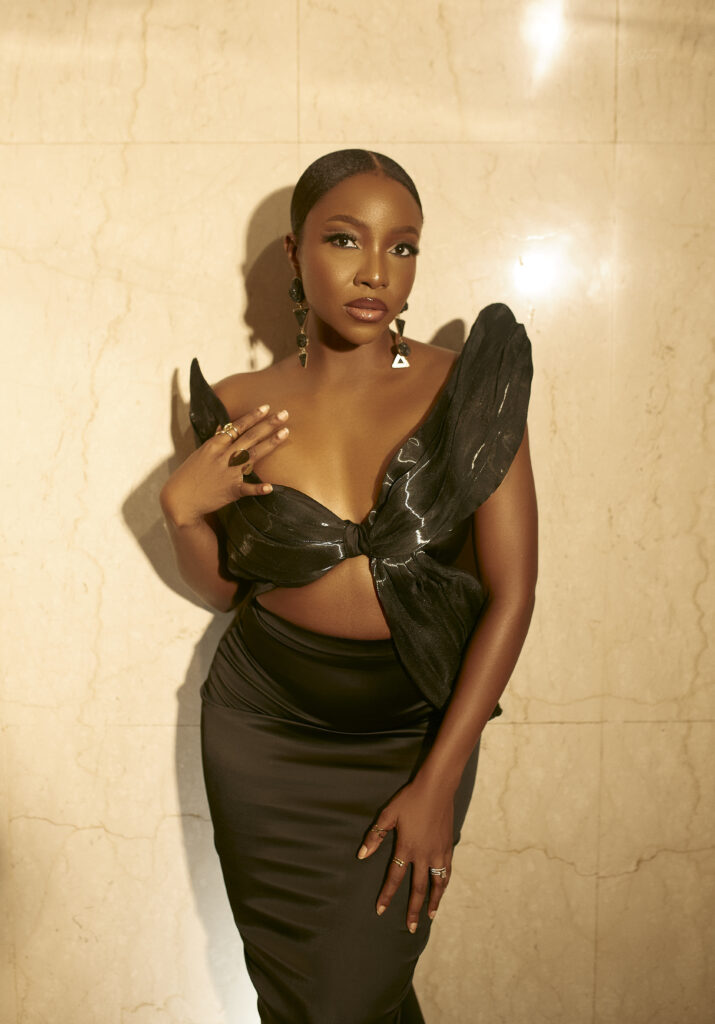
For me, it’s the ability to connect with people on an emotional level. Seeing what I do, I’m really able to touch people. I know that a character or a story has been part of what resonates with someone or inspires them. So I think that’s the most rewarding thing for me.
How do you maintain a balance between your personal life and career?
It’s all about prioritising what matters most and creating boundaries. I make time for my loved ones and ensure I don’t lose sight of the things that ground me, no matter how busy my schedule gets.
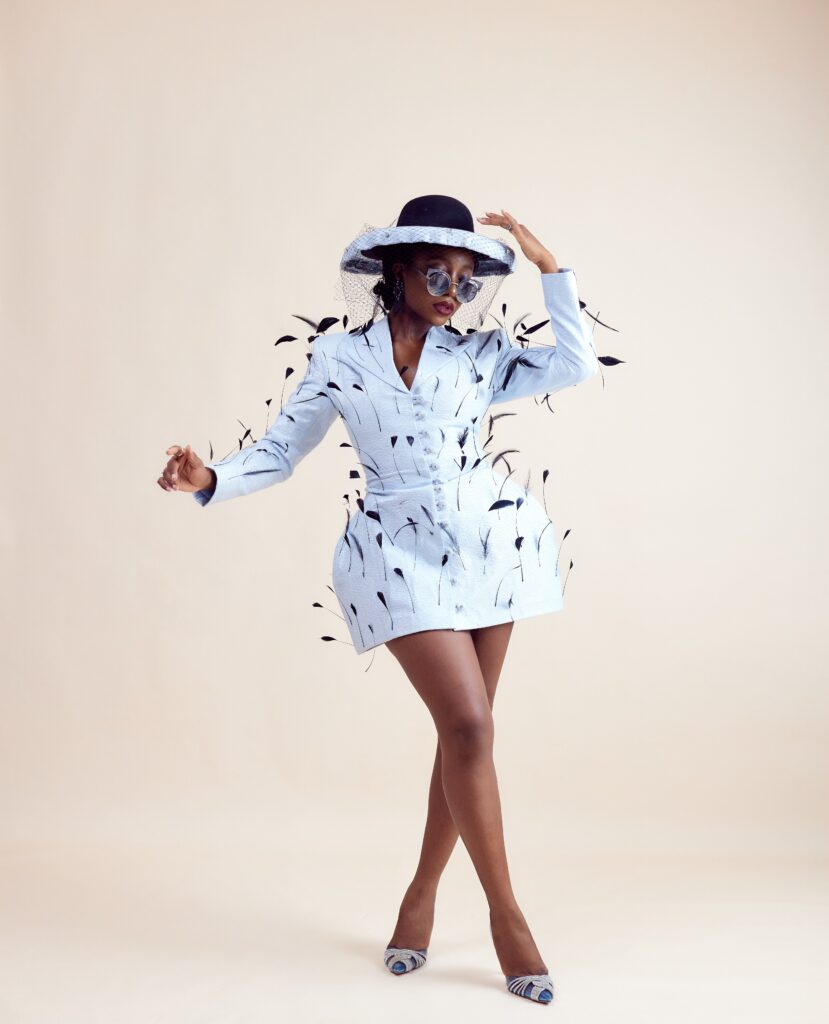
What are the biggest challenges you believe Nollywood faces today?
One of the biggest challenges is funding. Nollywood has immense talent and amazing stories, but consistent access to resources can be a barrier. And then it’s an opportunity to expand to a more distributed channel so that our films reach a broader audience.
If you weren’t an actor, what other career paths would you have chosen?
Honestly, for me, it’s hard to picture my life. It’s hard to picture my life outside of acting, but I’ve always been drawn to creative industries.
So perhaps something in fashion, like even back in the day, that’s something I really loved. I have always been such a fashion girl. It allows for artistic expression, which is something I didn’t know. So, if I wasn’t an actor, I would be doing something in fashion.
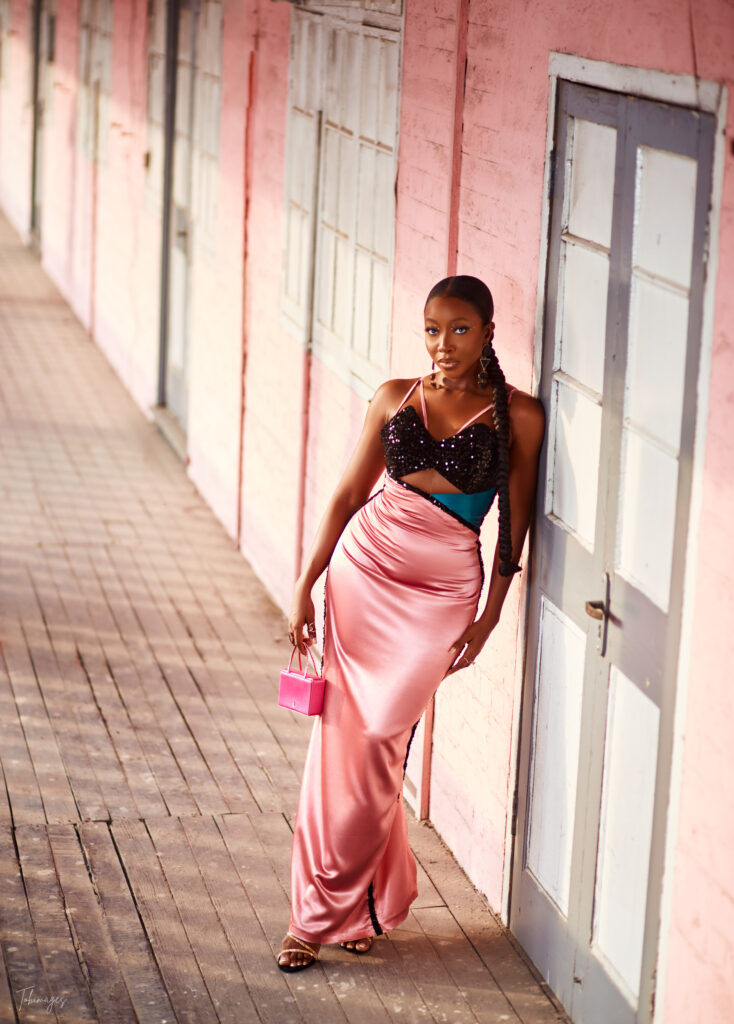
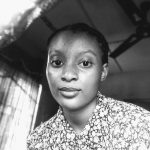
Dorcas Akintoye is a versatile writer with a passion for beauty, fashion, relationships, and culinary delight. With a keen eye for detail and a passion for storytelling, she adds a touch of elegance to every topic she explores. She is a writer at THEWILL DOWNTOWN.


